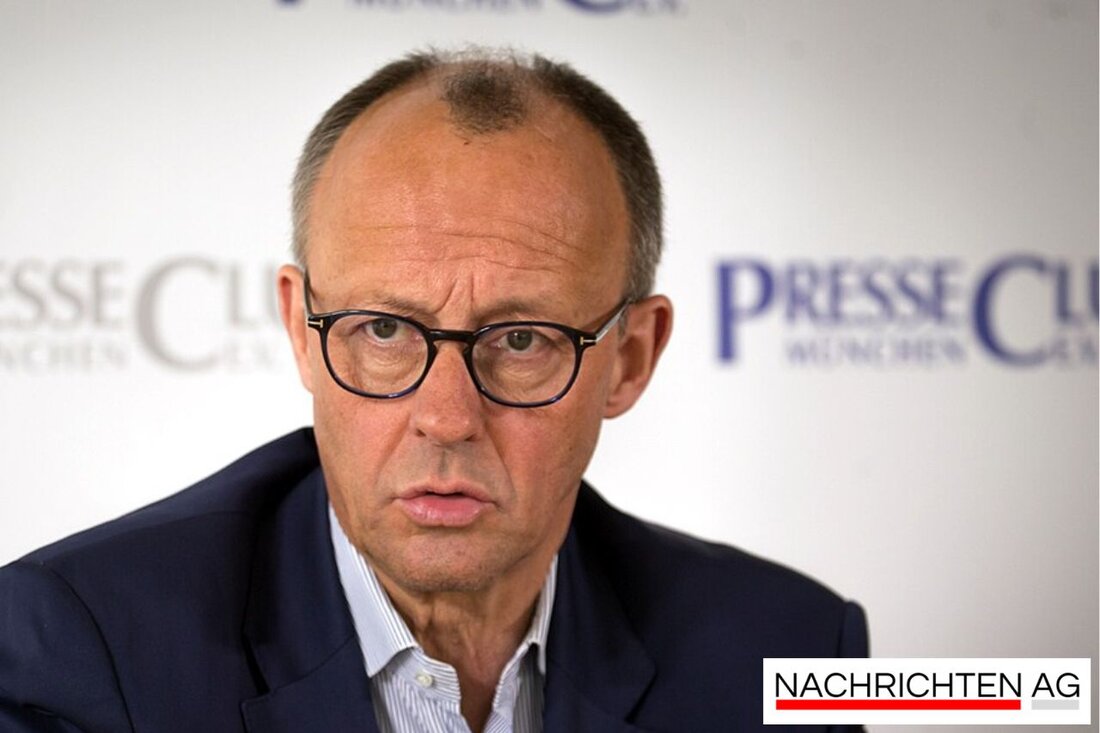Merkel warns in Schwerin: Migration policy must not be xenophobic!
Angela Merkel discusses her migration policy in Schwerin, criticizes the AfD and emphasizes the importance of the right to asylum.

Merkel warns in Schwerin: Migration policy must not be xenophobic!
In Schwerin, former Chancellor Angela Merkel answered questions from citizens and looked back on the migration policy during her time in government. In an exciting panel discussion that she held with the editorial network Germany and the Ostsee-Zeitung, it quickly became clear: Merkel has a lot planned, especially to harshly criticize the AfD. She said refugee policy decisions should not lead to xenophobia and warned that dividing society into elites and other groups could threaten the foundations of our democracy. She also made it clear: “We are the people” cannot and should not be claimed by the AfD - all citizens of the Federal Republic of Germany belong to it, as [Welt](https://www.welt.de/politik/deutschland/article256334506/Schwerin-Angela-Merkel-ueber-ihre-Fluechtlingspolitik-Man-kann-deswegen-doch-nicht-zum-Fremdenhasser- Werden.html) reports.
Merkel paid particular attention to current developments regarding German border controls. After Poland's move to initiate its own controls at the border, she warned emphatically of a potential threat to the Schengen area. While it recognized that border controls were occasionally necessary, they should not affect the free movement of citizens within the internal market. Finding this balance is crucial.
Merkel's clear announcement on asylum policy
Her critical stance on the Interior Ministry's practice of rejecting asylum seekers was particularly explosive. Merkel demanded that anyone who applies for asylum at the German border must be given a procedure. “No one should be turned away without an examination,” is her firm belief. These statements were heard in a meeting with former refugees organized by WDR and met with greater interest. But the reality looks different. The Berlin Administrative Court recently made clear the illegal rejection of three Somalis from Poland during a train station check, while the Interior Ministry under Alexander Dobrindt is sticking to previous practice, which is further fueling the discussion about asylum policy [Merkur].
Merkel's statements not only reflect the current political debate, but also illustrate the gap between her philosophy and the restrictive line of the current government under Chancellor Friedrich Merz. She expressed concern that a migration policy agenda based on the AfD's positions could endanger social cohesion. It is obvious: Merkel advocates a migration policy based on compromise and moderation and calls on people not only to represent Germany's fundamental values, but also to actively live them.
The role of the judiciary and future prospects
It is worth knowing that the legal framework is also constantly under discussion. The President of the Federal Administrative Court, Andreas Korbmacher, expresses serious doubts about the durability of the current government course and sharply criticizes the editor Dobrindt's arguments. In addition, the Bundestag's decision to suspend family reunification for people with subsidiary protection status remains a controversial issue, which primarily affects civil war refugees from Syria who have received this protection status since 2015. Another example of the challenge presented by migration policy comes from the refugee protection organization Pro Asyl, which is planning legal action against the decision to allow family reunification, as can be read on Tagesschau.

 Suche
Suche
 Mein Konto
Mein Konto